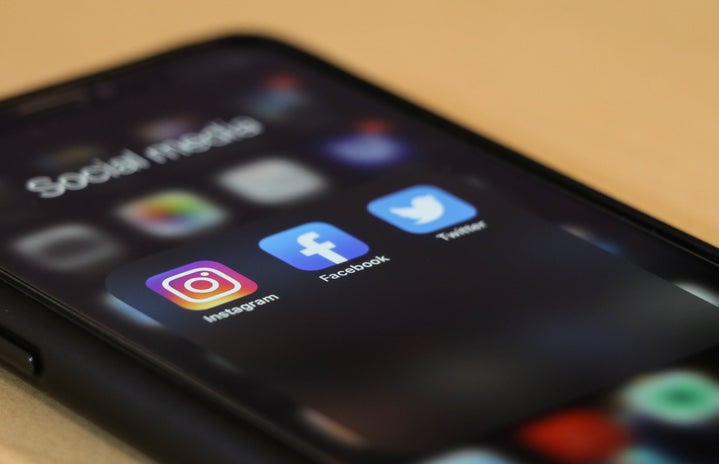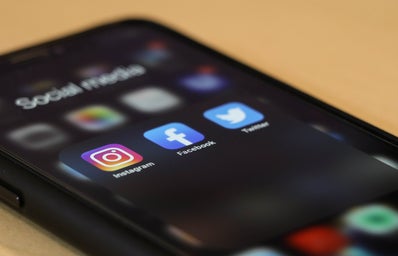It seems like everyday a new celebrity, influencer, or anyone who has a large platform gets cancelled. You know how it goes. Something gets out surrounding their past or recent actions, conversations brew on social media, they speak out via social media, and inevitably their platform and reach slightly lowers. Cancel culture is all the more relevant during the pandemic where celebrities are being criticized for their travels and violations of CDC guidelines.
If you aren’t familiar with the term, cancel culture is the latest trend, mostly on social media, where individuals are publicly shamed and ostracized due to past or recent actions as a form of accountability. Cancel culture is not a new concept, however it has been more prevalent in the last couple years on social media, where voices, personalities, and actions are amplified.
But, what about the cancel culture among ourselves? I’m not talking about the people we follow or subscribe to, but the people we engage with in everyday life and how cancel culture seeps into our interpersonal relationships.
“Cancel culture can be extremely toxic, but at the same time I think it’s still important to hold people accountable for their actions,” said sophomore Devon Brouhard. “I don’t think people’s lives should be ruined, especially if they are willing and actively making the choice to do better. We aren’t defined by the worst thing we’ve ever done.”
The role of cancel culture is multifaceted and complicated. In one light, cancel culture serves a purpose for holding people accountable. But when partnered with the mob mentality on social media, users can be more harmful than helpful. Regardless of what comes of it, cancel culture isn’t going away, but we can modify the way we hold celebrities, influencers, and ourselves accountable for our decisions and actions.
We’ve all made mistakes, said something we shouldn’t have or regretted. This isn’t an isolated experience. But, as life goes, we must come to terms with our actions and decisions and make a choice to proceed in life by vowing to take steps to change and grow out of our pasts.
Mistakes are a part of life, but it’s how we go about mending them that means even more. There’s no doubt that social media plays a role in cancelling culture. Our actions, voices, and presence is amplified.
“I think that it [cancel culture] hurts curiosity in the college setting, and can ruin people’s lives when spread in the media. When someone says something over the line, it is more helpful to correct and educate rather than cancel,” said junior Erin Gould.
By rewriting the script and changing the narrative, education plays a huge role, allowing people to realize where they went wrong and the steps they can take to mend relationships and seek forgiveness.
“Education is so powerful, especially in the context of cancel culture. However, it has to be coupled with a willingness to be educated, which can sometimes be hard to come by. If people can approach tough conversations with open hearts and minds, I think cancel culture could be cancelled,” said Gould.
However, sometimes forgiveness is not always the solution, but the next steps people take to allow their actions and speak for themselves.
“There is no doubt that some behaviors should be confronted: sexual assault and deviance, racism, discrimination, to name a few,” said Dawn Wiese, previous college administrator at Washington and Lee University.
As Wiese explains, some actions may be worthy of the ‘cancelled’ term. When others are severely harmed, the actions and people are called into question and big strides are necessary in repairing damages.
By drawing the line between ‘cancel-able’ actions and basic human mistakes, we can use education as a way to repair the damages and find better solutions.
As much as we wish cancel culture could drift into the background of society, it is not going away. But by changing our perspectives, we can allow for education to be at the forefront of our conversations surrounding public discourses and for social media platforms to be a little less toxic.


